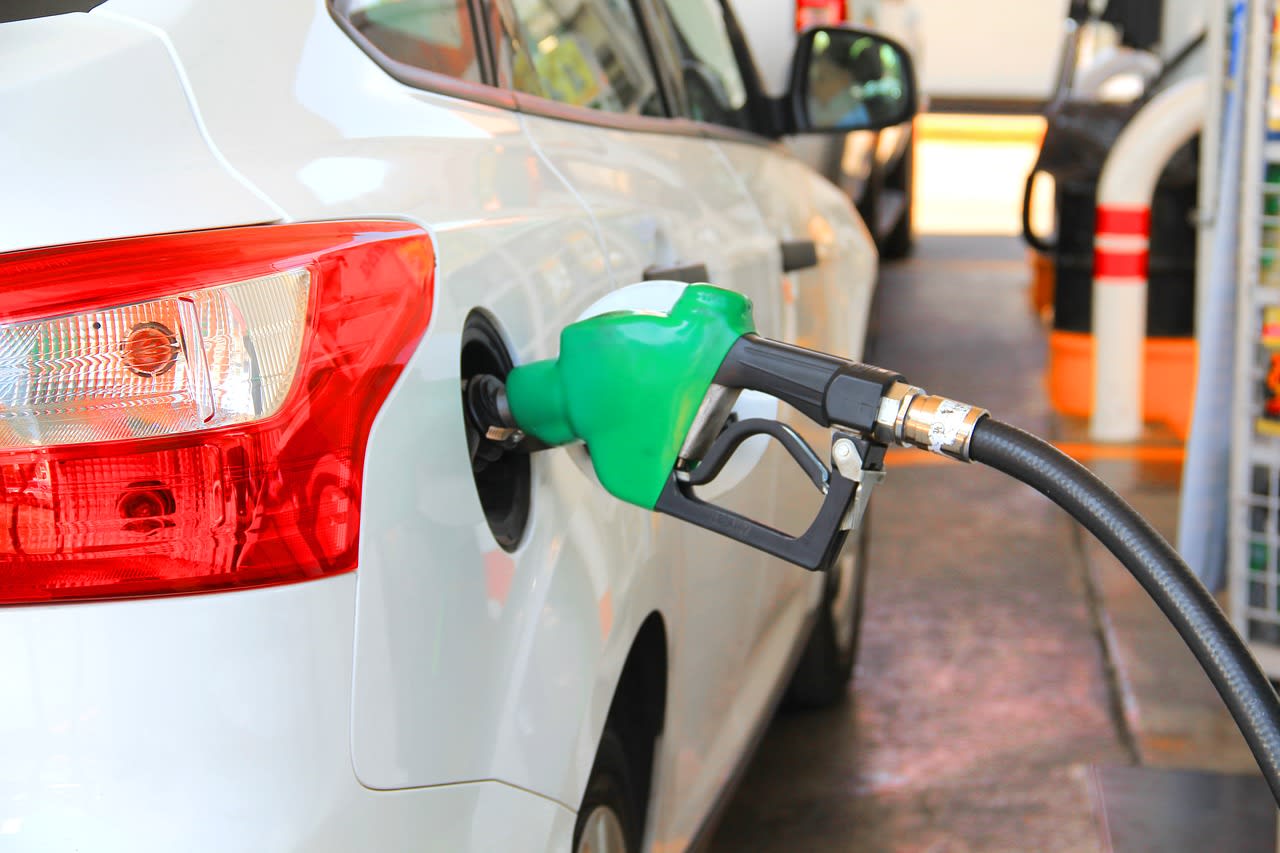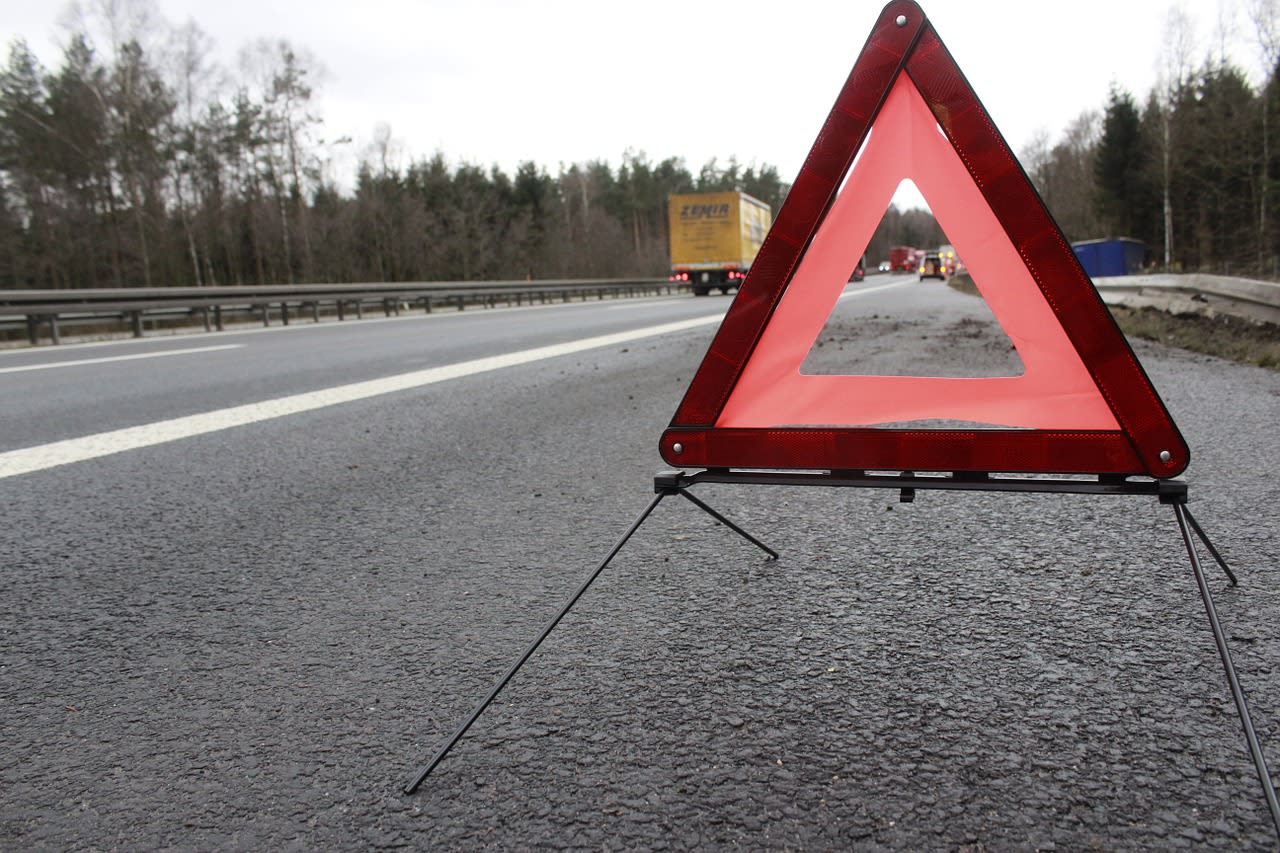With the country suffering from a petrol shortage due to HGV driver shortages and (some) members of the public panic buying, it’s time to consider what it can mean for your car, your safety – and your licence – if you run out of petrol while out and about.
All too common
You might think accidentally running out of fuel is an unlikely scenario. However, research by Green Flag shows that over 70,000 drivers a month find themselves stranded, red-faced, after overestimating how much petrol they had left.
And we suspect this figure is already shooting up during the petrol shortage.

Don’t count on technology
To avoid running out of petrol in the first instance, don’t rely on your car to tell you.
Yes, it will display an orange fuel light, which according to the RAC means you have around 10-15% of your tank left. In some cars, that light can start flashing meaning you are running on fumes.
In more modern cars, the vehicles may give you an estimate of the number of miles you can drive before grinding to a stuttering halt.
But in most cars, that estimate can be flawed as it is provided by a ‘float’ in your petrol tank that can be easily confused by, say, going up or down a hill.
Don’t let it get low
Using up all your petrol can have dire consequences. Here’s why:
Your car
- Running out of petrol is not good for the car; in older vehicles, there’s often ‘debris’ at the bottom of the tank that can clog up the filters designed to help fuel flow.
- Restarting your car could be an issue if you’re running a pre-injection car or an older diesel motor; the latter will need to have the air that was sucked into the fuel system bled out.
You and other road users
- Unlike other countries such as Germany, it’s not actually illegal to run out of petrol.
- For instance, according to the Motorways Traffic (England and Wales) Regulations 1982, you can stop on a motorway’s hard shoulder…
“… by reason of a breakdown or mechanical defect or lack of fuel, oil or water, required for the vehicle.”
- It’s the next part of the regulations though that should make you wary as it states you are…
“… allowed to remain at rest on that hard shoulder in such a position only that no part of it or of the load carried thereby shall obstruct or be a cause of danger to vehicles using the carriageway.”
- It means you could be done for causing an obstruction on the road and be fined £100 and given three penalty points.
- If you allow your car to run empty and you end up causing an accident, then things escalate massively; depending on the severity of the crash, you could be given nine points and a fine running into thousands.
- Also, you might want to check the small print of your insurance policy as many won’t cover repairing/replacing your car (and the other vehicles involved in the accident) and any associated costs.
What to do
Your car will normally start to ‘sputter’ as it runs out of fuel. This will hopefully give you the time you need – though don’t count on it – to pull over to the side of the road or drive on to the hard shoulder as soon as it safe to do so.
If you do run out of fuel while driving, put on your hazard lights once pulled up and, if you’re on a road and have a Warning Triangle, place it 45 metres or more back down the road to warn oncoming traffic you’ve ‘broken down’.
 Once done, call your breakdown service provider (who may or may not cover fuel as part of their policy), or contact a local service if you don’t have breakdown cover.
Once done, call your breakdown service provider (who may or may not cover fuel as part of their policy), or contact a local service if you don’t have breakdown cover.
If you believe you have inadvertently created a dangerous obstruction, you should call the emergency services to inform them as soon as possible.
A final word
Running out of fuel – especially on the motorway – is foolish say the experts:
“There is no excuse for entering a motorway with low fuel … A breakdown puts you and your passengers at very high risk – many fatal crashes on a motorway involve a stationary vehicle.”
• Neil Greig, Director of Policy & Research, IAM RoadSmart
Fill up on Knowledge
 Double your chances of theory test success with Theory Test Pro. Sign up for free here.
Double your chances of theory test success with Theory Test Pro. Sign up for free here.

